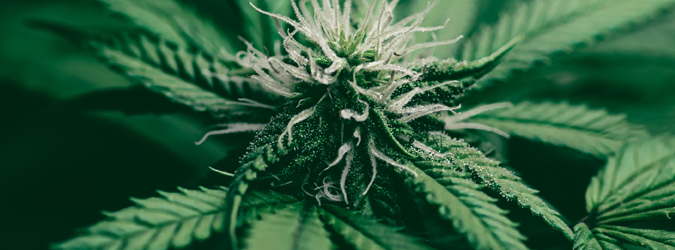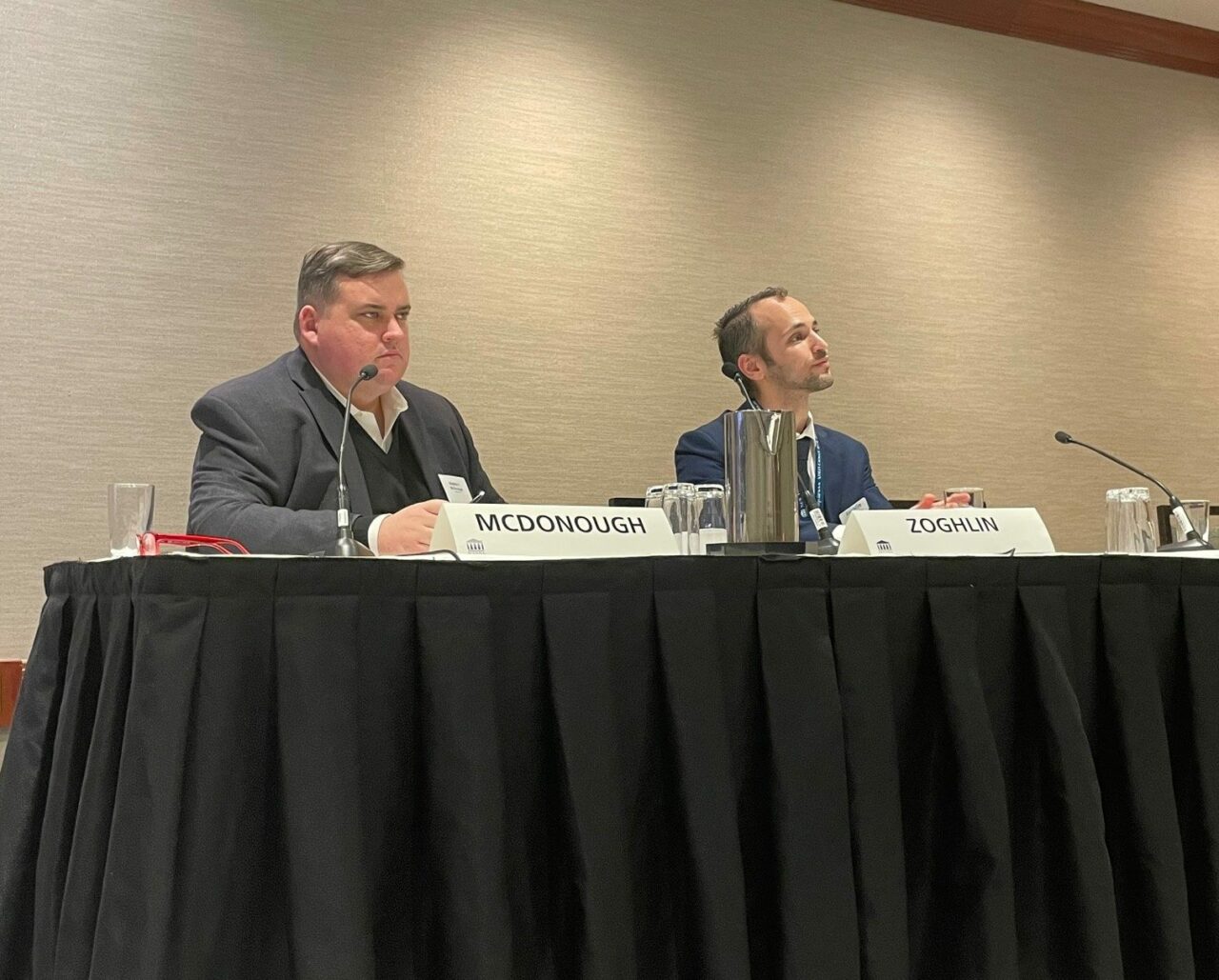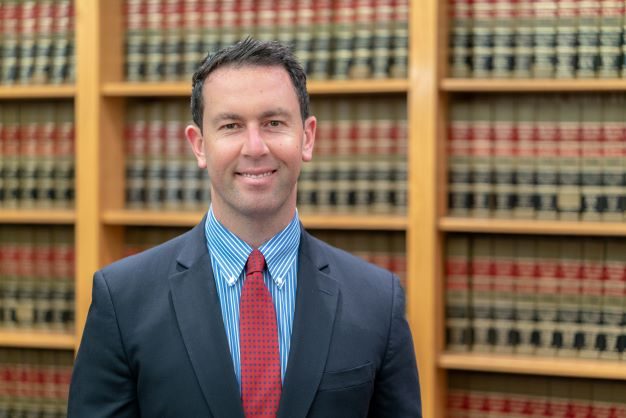How the Farm Bill Changed the Status of Hemp
7.31.2023

Researchers, growers and others in the cannabis industry are waiting for Congress to finalize and pass the 2023 Farm Bill. Past versions of the bill have loosened regulations for hemp-based cannabinoids and made them eligible for commercial sale.
The New York State Bar Association Cannabis Law Section hosted a continuing legal education classes on the future of regulations, along with a discussion on the ever-changing market and possible impact of the 2023 Farm Bill.
The panelists were:
- Andrew Kingsdale, of counsel at the Law Offices of Omar Figueroa and chair of the Hemp and CBD committee of the Cannabis Law Section.
- Sheri Orlowitz, founder and chair of the Council for Federal Cannabis Regulation.
- Scott H. Wyner, counsel at the New York State Department of Agriculture & Markets.
- John Kagia, director of policy for the New York Office of Cannabis Management.
- Brian Malkin, associate general counsel at Teva Pharmaceuticals.
Kingsdale moderated the discussion.
Past Farm Bills Changed Regulations
Every five years, Congress must pass a package of laws relating to agriculture and food policy. This is known as the Farm Bill.
The 2014 Farm Bill permitted state Departments of Agriculture and educational institutions research the cultivation and marketing of hemp. “We were developing opportunities for folks who wanted to get involved with cultivation and production and processing to engage with the department in a research program,” said Wyner. “The statue was clear that they were not interested in authorizing commercialization of hemp production but it was really research.”
While marijuana is illegal on the federal level, the 2018 Farm Bill carved out an exemption for cannabinoids derived from hemp plants.
“It was really night and day in connection with the marketing opportunities because you could engage in interstate commerce,” said Wyner.
Interested parties still had to follow the Farm Bill, state and federal regulations, and use product from a licensed grower.
“The 2018 Farm Bill made it clear that the DEA and the FDA maintain their regulatory authority over this product class,” said Wyner. “But what the 2018 Farm Bill did do was change research projects into a commercial licensing program that could be run by the FDA and essentially delegated to the states.”
He added that some state programs were not as strict as federal standards with testing and sampling methodologies.
“The issues with destruction of the product were tough,” said Wyner. “Basically, initially these regulations required folks to destroy hemp which was grown, which could be a large economic loss.”
Regulations were eventually loosened. In 2021, New York State got involved and provided a plan that made clear to research partners that they would be operating under stricter reporting, inspections and regulations.
However, Wyner said that while it was easier to grow hemp, farmers still struggled finding buyers for their product.
“We always recommended to farmers that they make sure who’s going to buy their product, before they put their product in the ground,” he said. “We were aware and cautioned them of the risks involved in this industry, and that there were challenges.”
He added that inexperienced growers often ran into a limited market and processing capacities, as well as difficulties with infrastructure. “A lot of people could not sell the product, and it was left to dry and mold in inadequate facilities,” he said.
Looking To The Future
In January, the FDA denied three citizen petitions asking for an allowance to market CBD products dietary supplements. The FDA also asked Congress to create a new framework for CBD regulations.
“FDA has found CBD, unfortunately, not safe,” said Orlowitz. “And without the kind of safety standards for dietary supplements or food additives, FDA cannot regulate it. And that’s based on the available evidence.”
Orlowitz said that more testing is needed – including testing on animals closer to humans, such as pigs. “It’s not definitive but we’ve got to get the testing done if we have this multibillion dollar marketplace,” she said. “Let’s invest $3 to 4 million and prove the safety.”
The FDA would also need to determine what levels of CBD are safe, as well as what happens when it is combined with other compounds and the cumulative effects of consumption. The COVID-19 pandemic also took regulators’ attention away from CBD because they had to focus on other priorities.
“There’s going to be a lot of research that needs to be done over the next 10-20 years for us to answer these questions effectively,” said Kagia. “And be able to better inform the consumer experience.”
Orlowitz agreed and said she believes that as more research is done, CBD will eventually be easier to access.
The CLE is available on demand.






